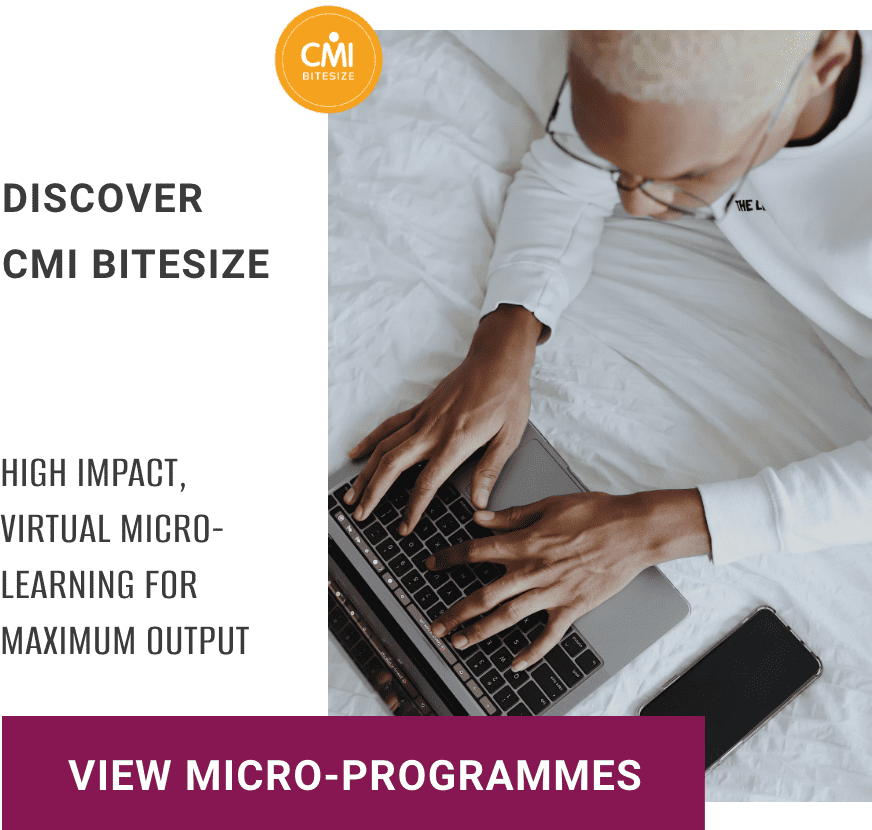 Requirements for Effective Coaching and Mentoring
Requirements for Effective Coaching and Mentoring
Effective Coaching and Mentoring approaches are effective development methods that reap reward for many.
There is a difference between the two and this can be confusing to some, but it is important to establish the difference before commencing and coaching and/or mentoring relationship.
There are a variety of interpretations of both and although subjective, I believe coaching to be shorter term and task focused – where the transfer of knowledge is extracted from the coachee through a series of effective questioning from the coach.
Question
Can I coach someone to play the piano if I can’t play the piano myself?
Yes, providing the coachee has experience of playing the piano in the first instance, where I can use effective questioning techniques to extract their knowledge. If they are a beginner or don’t have awareness/experience of playing the piano then the answer must be ‘no’.
Can I mentor someone to play the piano?
This has to be ‘no’ because the transfer and sharing of knowledge comes from the mentor to the mentee.
As I’m not able to play the piano, I have little or no knowledge to share. So where can I mentor? I can mentor where I have experience and understanding with the subject/topic which the mentee is looking to improve upon.
But effective coaching and mentoring goes beyond the ability and knowledge of the coach/mentor.
There are core elements and traits that are required by the coach/coachee or Mentor/mentee.
The fundamental areas include the relationship match between the two people. Are their values aligned? If there is common ground this helps, but more importantly their values need to be aligned or at least not a contraction to each other. If values contradict, this can affect trust and lead to frustrations between the two.
I had recently entered a Mentoring relationship.
It should of been a success.
We work in the same industry and I, as the mentor, have the required skill set and experience to support the growth of the mentee, however the values and behaviours weren’t aligned. This lead to ineffectiveness in the relationship, damaging trust, and from my part, the enthusiasm to inspire. The mentee behaved in a manner that wasn’t aligned to my own values, one example being they were too direct and would play for position in front of an audience. When feedback took place, the mentee countered each discussion and feedback point with their own justification for their actions. I questioned why the mentee who desired career progression, with the help of an identified and recommended mentor, would question so much feedback and not listen. It was a challenging situation which I believe it was acceptable to walk away from, rather than pursue our differences. I felt the mentee wasn’t for changing their behaviour demonstrated other frustrations, which they were seeking justification and support for their own actions.
With a growth mindset, it is important to retain awareness that not everyone can be coached or mentored. It is acceptable for either party to terminate the relationship and not exhaust either yourself or the coachee/mentee. However, when the values are aligned and a trusting relationship is apparent then the possibilities are endless and worth pursuing.


 Requirements for Effective Coaching and Mentoring
Requirements for Effective Coaching and Mentoring





